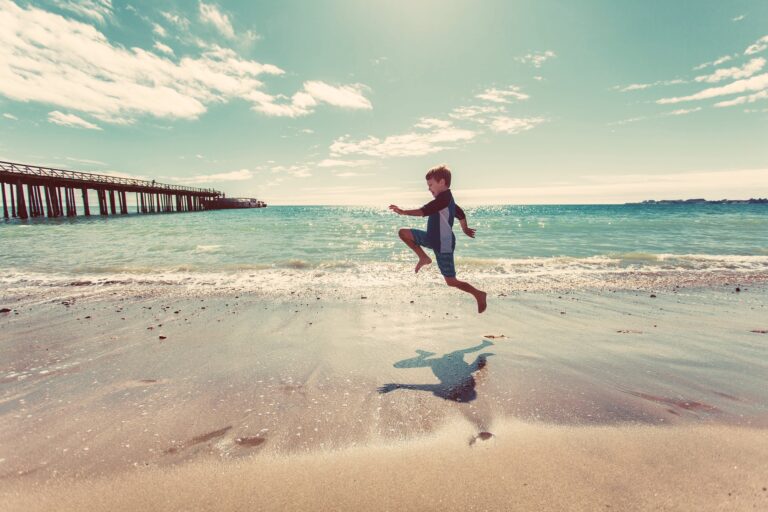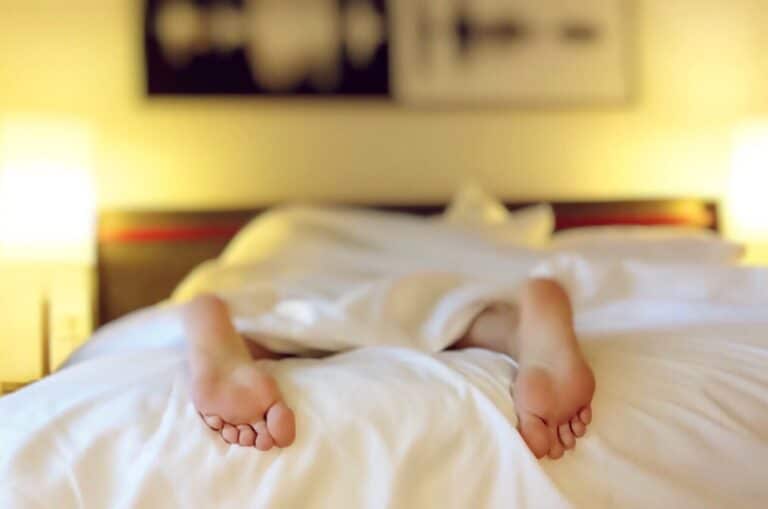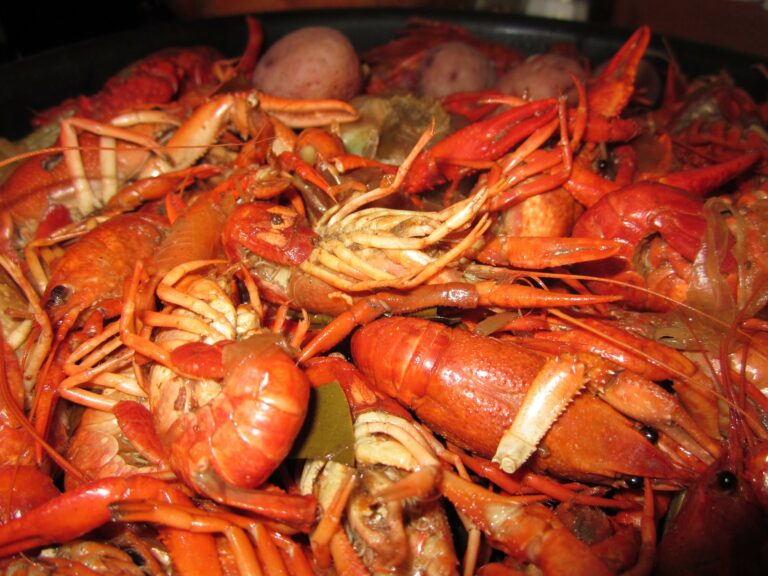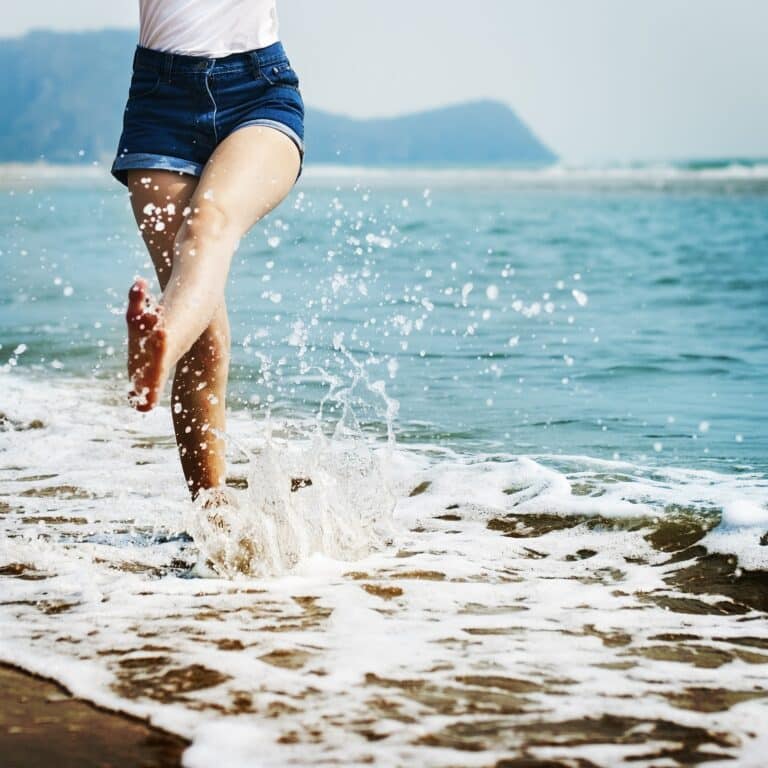Mindful Eating (and Drinking) While Traveling
We could write an entire book about the dietary hazards of travel, especially when the reason for your trip is business and not pleasure. Still, there are many ways to make better nutritional choices while you’re on the road. In this post we’ll look at a few of them.
The Absolute Basics
Travelers should eat moderate servings of these foods:
- Protein sources such as seafood, chicken, and lean beef. Vegetarians can substitute products like tofu or soy.
- Green, leafy vegetables like spinach, lettuce, and broccoli, served raw or with minimal cooking. Red and yellow vegetables like tomatoes and carrots are good choices as well.
- Whole grains (think quinoa, steel-cut oats, sprouted grains, whole wheat bread)
- Fresh fruit like apples, bananas, grapes, and strawberries
- Dairy products like milk, cheese and yogurt. Most nutritionists recommend limiting your intake of these foods and/or opting for reduced-fat versions.
These foods provide all the nutrients you need when eaten in balanced portions, according to the Mayo Clinic.
Timing and Method
Knowing when and how to eat is almost as important as what you actually put in your stomach. We recommend following these tips when traveling:
- Eat three meals a day. Starving yourself until dinner time can send your metabolism into “survival mode,” which means it clings to every calorie for fear of an upcoming famine.
- Turn down food unless you’re hungry.
- Eat light during the day if you’re anticipating a hearty meal with clients or co-workers later on.
Special Considerations
Some medical conditions require specific nutritional practices. Here are a couple of examples:
- Diabetics have trouble processing carbohydrates, especially in the simple forms found in many fruits and processed desserts. These people should eat plenty of foods like greens, nuts, and salmon and avoid simple carbs, according to the nutritional experts at Prevention. They should also monitor their blood sugar levels and stay away from items that cause spikes.
- Older people need extra protein, so they should supplement their diet with extra servings of lean meats, nuts and reduced-fat cheese or yogurt.
Staying Active While Traveling
Working out can be a real challenge while you’re away from home. But with some creative measures, you can still include activity into your daily routine. Here are tips for squeezing a little exercise into your schedule:
- Many hotels have fitness facilities on site. Take advantage of these perks whenever you can.
- Resistance bands are easy to pack and offer plenty of bang for the buck.
- High intensity interval training (HIIT) requires no special equipment. Plus, you can get a full workout in as little as 15 minutes.
- Staying in a multi-story building? Hit the stairs. There’s no better way to get a great aerobic workout.
- If you’re familiar with the area in which you’re staying, visit a local park for some fitness in the fresh.
Guidelines for Those Abstaining
Vacations seem to always include a fruity cocktail or a glass of wine, but what if you are abstaining from alcohol? Perhaps you don’t drink for religious reasons or are recently sober. If the vacay is a babymoon, obviously alcohol isn’t an option. Or it could simply be that you’d like to use the calories in a glass of wine for a healthy treat like frozen yogurt or fresh fruit instead. The good news is that you can enjoy all the perks of an all-inclusive vacation without drinking. Most all-inclusives are more than happy to offer you virgin daiquiris, blended drinks, cocktails, etc.
Those in recovery or abstaining from alcohol for any reason face a little different situation, as there will likely be many temptations when you’re on the road. For those working to avoid alcohol, the very idea of traveling (and removing yourself from the familiar) can feel unnerving. All the more reason to stick to healthy habits, since these are also crucial to the success of your recovery overall. Here are some important safeguards you should take:
- Learn to say “thanks but no thanks” if offered a drink. Saying you take a medication that precludes alcohol is better than falling off the wagon.
- Make yourself accountable to someone back home for staying sober, such as a friend, a relative, or your partner. You might even let the bartender know that you are in recovery as an added safety net.
- Stick to your healthy eating and exercise plan to help avoid triggers.
A little know-how and discipline can help you make healthier choices every day, both at home and while traveling. This is a great way to lay the foundation for a happy and successful future, no matter where life’s roads take you. Good luck and keep your eyes focused on your goals.








